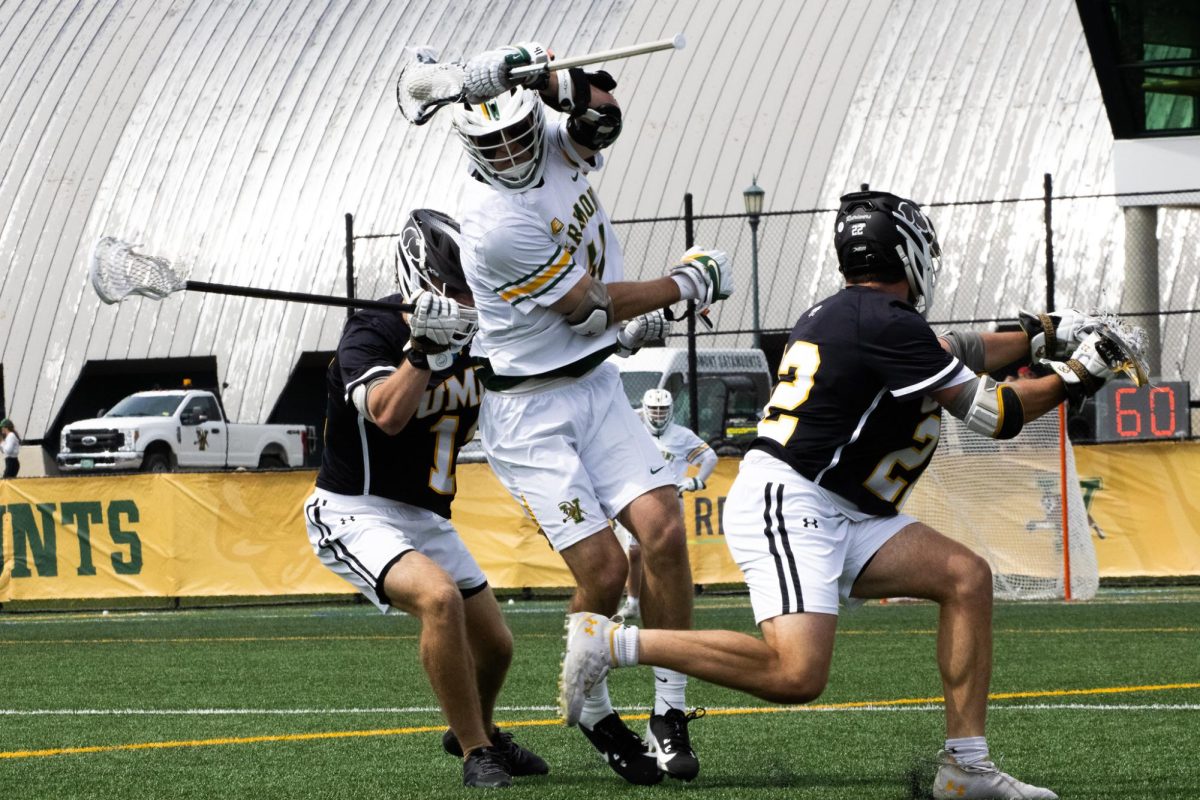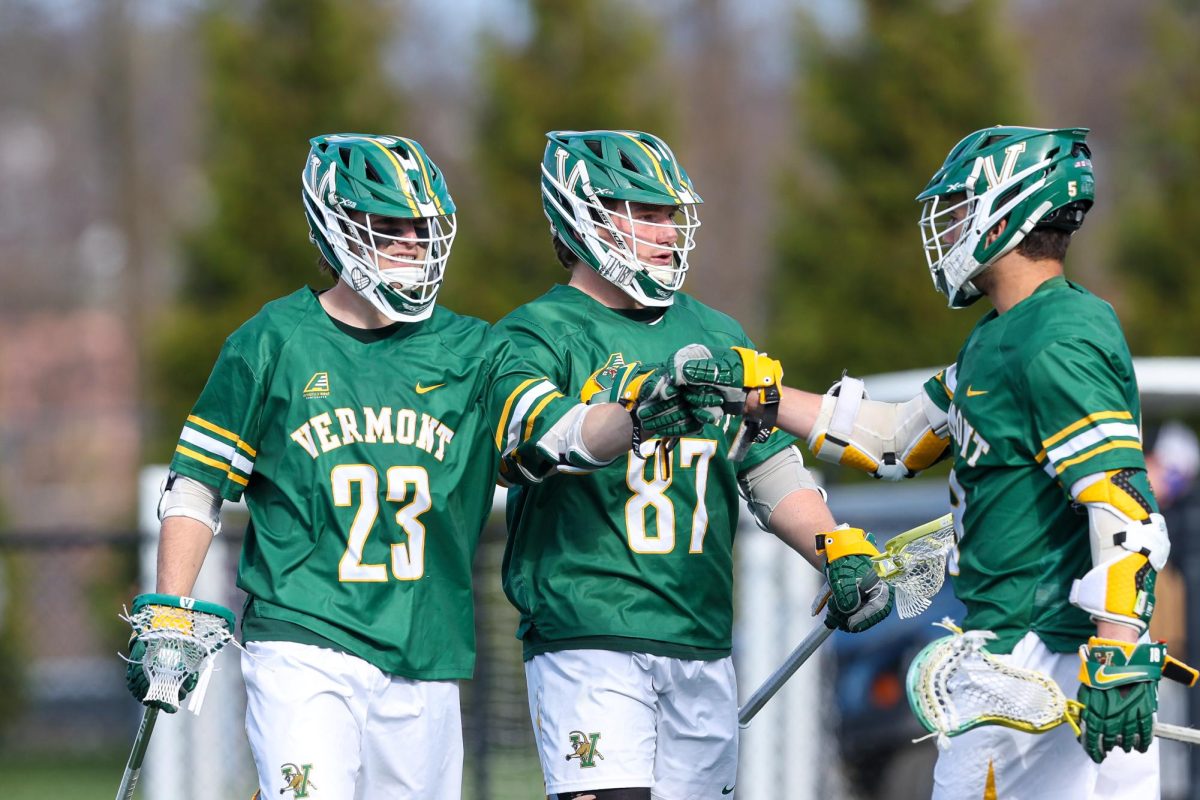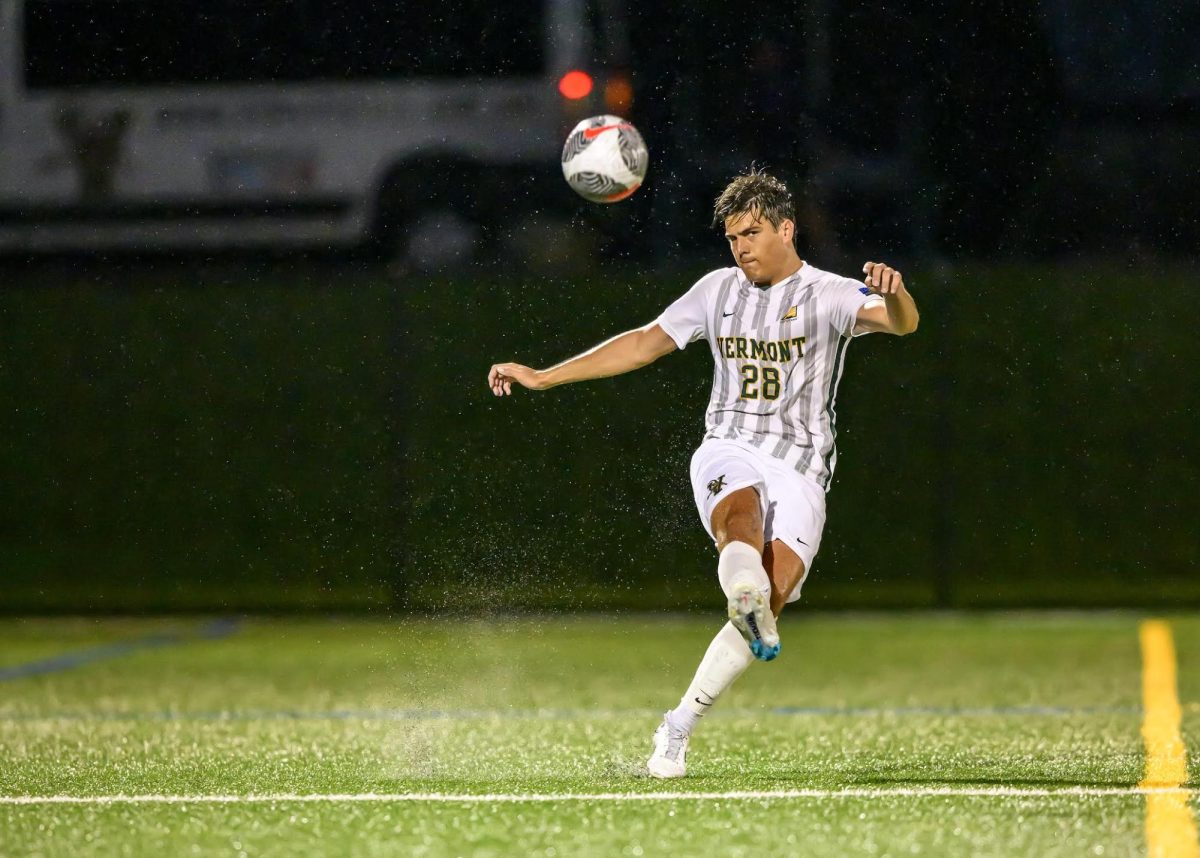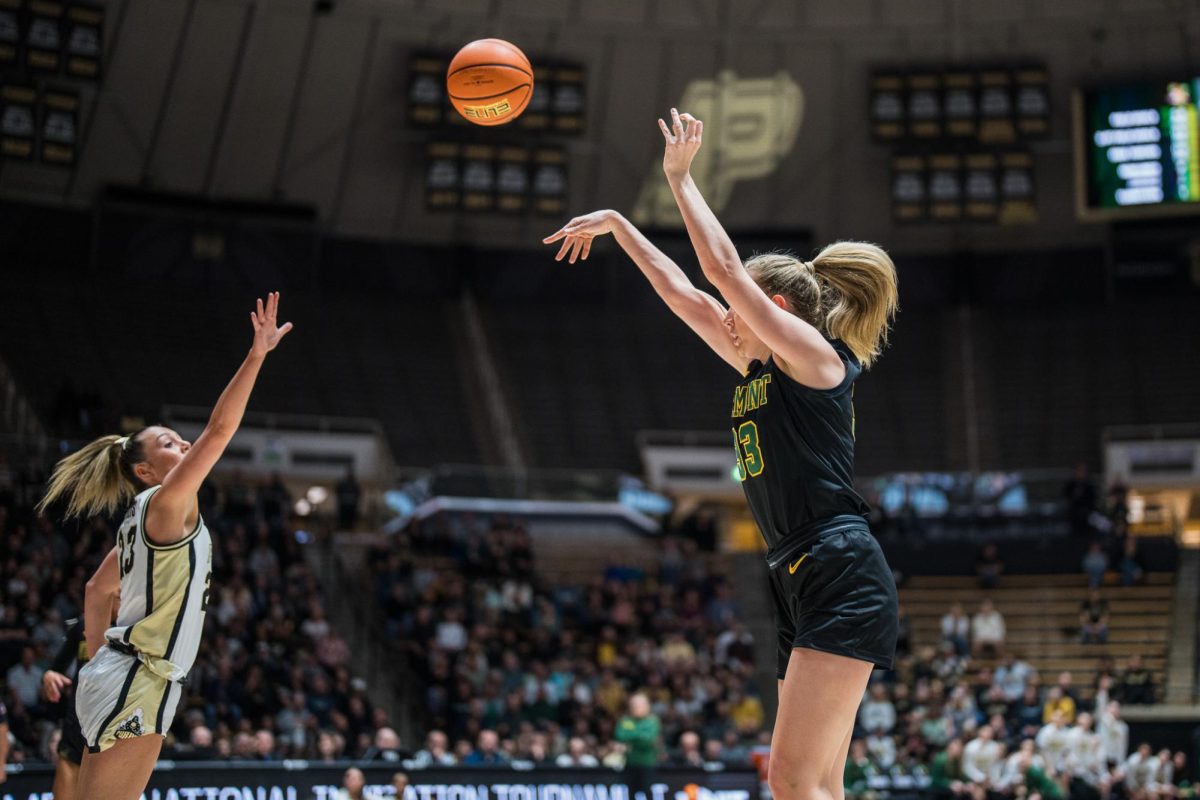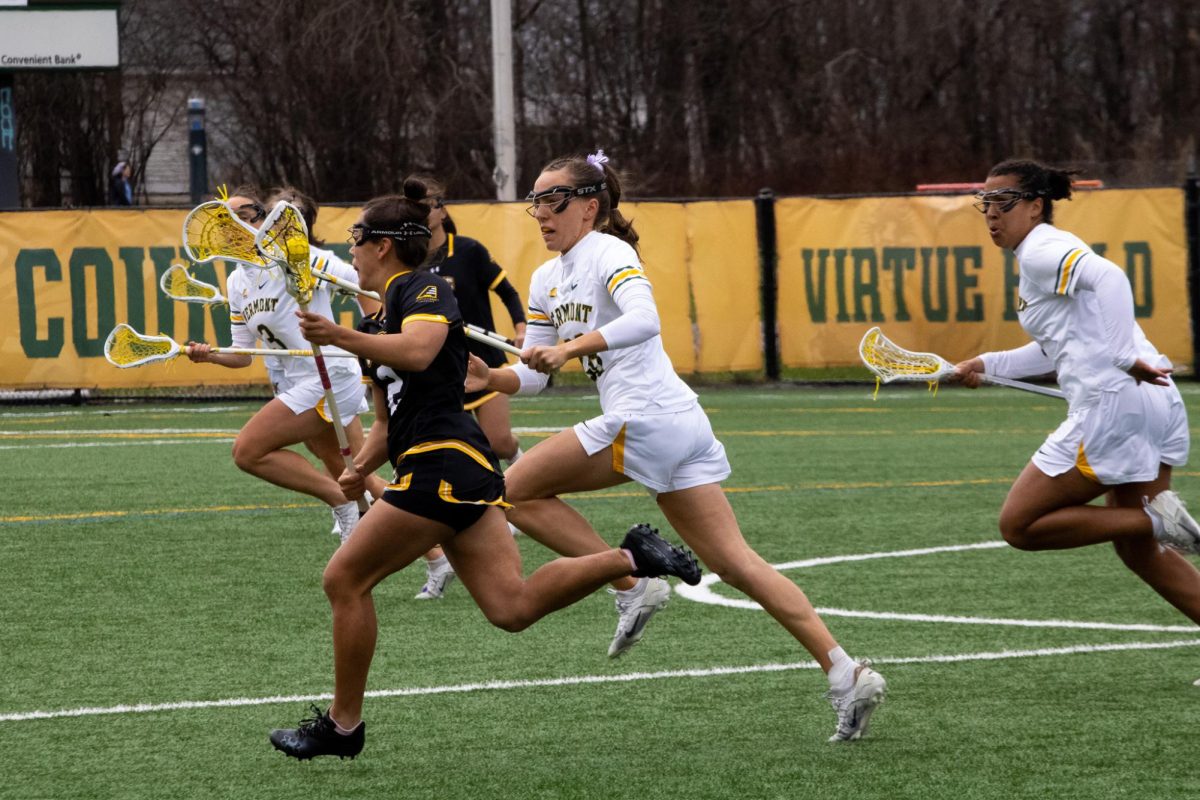Ê
The Kentucky Wildcats just completed an incredible season in which they won the National Championship. The Wildcats’ roster was stacked with NBA quality talent despite playing only one upperclassman – Darius Miller – in any significant minutes.
This offseason, however, the Wildcats will likely lose more than half of their underclassmen.
Elite NCAA basketball players leaving school to fulfill a career in the NBA may be the most detrimental policy in all of NCAA and professional sports. The brand of college basketball has suffered tremendously due to inconsistent rosters and lack of name recognition. Just as the nation gets familiar with the ability of talented freshmen, they bolt for the NBA.
The NCAA halfheartedly addressed the problem of early entry into the NBA draft when they ruled that all players must play one year in college before being eligible for draft, eliminating 18-year-olds from declaring after receiving their high school diploma.
This policy was certainly better than nothing at all, but it is my belief that the NCAA should increase the minimum collegiate service time from one year to three.
Imagine an NCAA basketball landscape where superstars had to play three seasons for their school. The obvious result would be that teams become deeper and more talented, but the abundance of stardom would also lead to an increase in the number of elite teams and more parity.
If the best players in the country were forced to remain at school, prized recruiting would be spread between more schools. Traditional powerhouses wouldn’t monopolize recruiting like they do now, and the disparity between teams would decrease. If Kentucky’s talented underclassmen were forced to stay in school, blue chip recruits would be more likely to play elsewhere in order to get more playing time.
When you look at NBA draft boards from the last five years, the percentage of players that left school as underclassmen is incredible. Out of the 129 collegiate players that were taken in the first round – there were 21 international players selected – 65 of them were underclassmen and 34 of them were freshmen.
Perhaps more surprising, in the last five years, 18 freshmen have been selected as a top 10 pick, while only seven seniors have been taken in the top 20 of any draft.
If these younger players were making an impression at the NBA level, I wouldn’t have much of an argument. The stats, however, indicate that these young players are not making significant impacts in their first year in the NBA – a time where they could be further developing their skill sets in school.
In the last five years, only 17 out of 65, or 26 percent, of underclassmen picked in the first round of the draft averaged 10 points per game or more in their rookie season. And other than in the 2008 season, in which eight underclassmen draftees averaged more than 10 ppg, no more than three players have done it in a given season.
This evidence points to the fact that not only are underclassmen – specifically freshmen – dominating draft boards, most of them are not having significant effects once they arrive in the NBA.
Instead of further developing their game at school, they often ride the bench and regress at the professional level. The college game suffers because exciting talent is leaving prematurely, and the NBA is hurt because franchises are forced to draft on potential of 18-year-olds rather than proven track records of veteran collegiate athletes.
There are countless examples of premature entries into the NBA draft that were utter failures. Former Kentucky center Daniel Orton bolted from school after one year – he didn’t even start for the Wildcats – and was picked by the Orlando Magic with the 29th pick in the 2010 NBA draft. Orton failed to make the Magic roster, was sent to the developmental league and blew out his knee in the second game of the D-League season.
Former Kansas swingman Xavier Henry was a five-star recruit who averaged 14 ppg in his freshman season before leaving for the NBA, where he was selected 12th overall by the Memphis Grizzlies. In his first two seasons he has averaged a little over five ppg while playing less than 15 minutes a night. He was traded by Memphis to New Orleans after one season.
Wake Forest double-double machine Al Farouq Aminu played two seasons and averaged 15.8 ppg and 10.7 rebounds in his sophomore year before leaving for the NBA draft. He was picked ninth in the draft by the Clippers but has been traded already and has averaged just five ppg in his two NBA seasons.
Louisville center Samardo Samuels dominated the paint in the Big East Conference for two seasons and declared for the NBA draft after his sophomore season. Not only has Samuels made a minimal impact at the NBA level, he wasn’t even drafted. The Cavs signed him as an undrafted free agent and he’s averaged just six ppg in his two NBA seasons.
Other examples of early entry gone awry include North Carolina’s Ed Davis and Brandan Wright, Kentucky’s Eric Bledsoe, Georgia Tech’s Derrick Favors and Javarris Crittenton, Arizona’s Jarred Bayless, Syracuse’s Donte Green and Jonny Flynn, Gonzaga’s Austin Dye, Ohio State’s BJ Mullens and Tennessee’s Tobias Harris. All of these players could have starred at their respective universities and become more complete and NBA ready talent, but instead they have rotted away on the end of NBA benches and jeopardized their chance to have long and successful professional careers.
I understand that college athletes want to make their dream a reality and earn millions of dollars in the process. But both the college game and the professional game are suffering immensely because of underclassmen bolting for the NBA before they are ready.
Sure, leaving college to make millions sounds great to anyone, but is it worth it when your rookie contract expires and you wind up out of job because you’ve averaged five points per game during your career?
This is something that will never be changed unless universities start paying college athletes with some percentage of revenue brought in by the athletic program. But that, of course, is another topic for another day.


